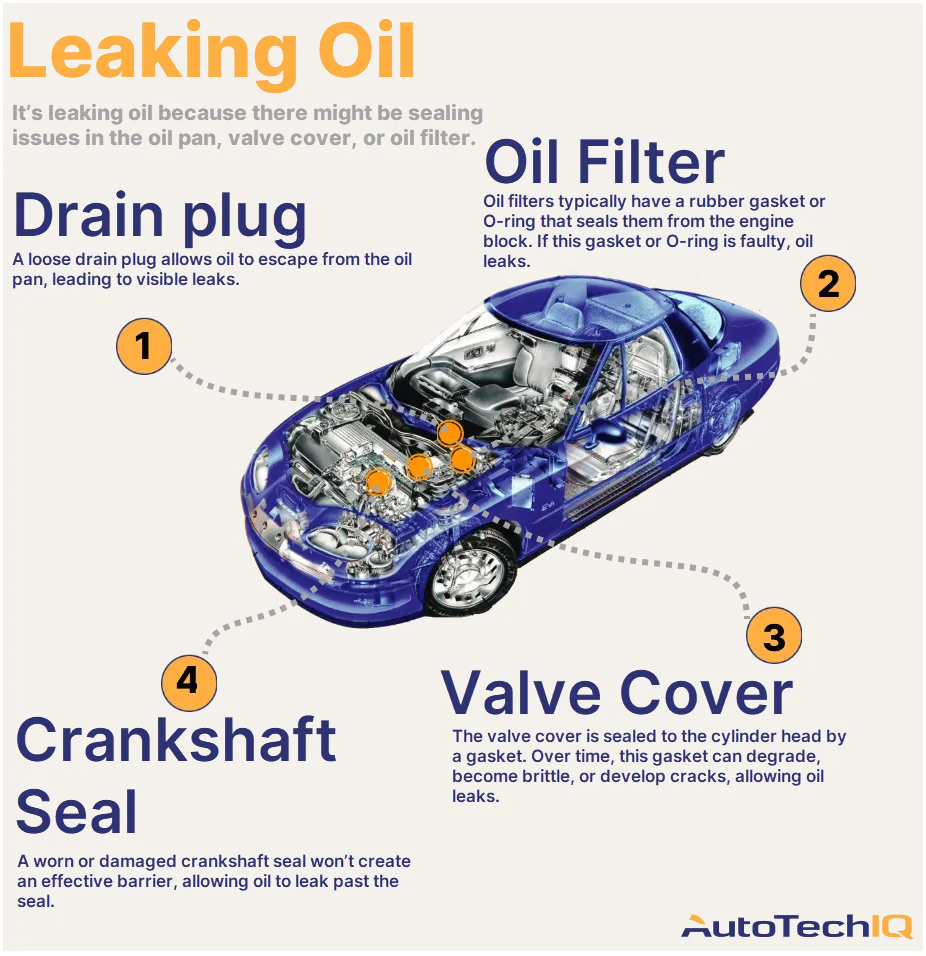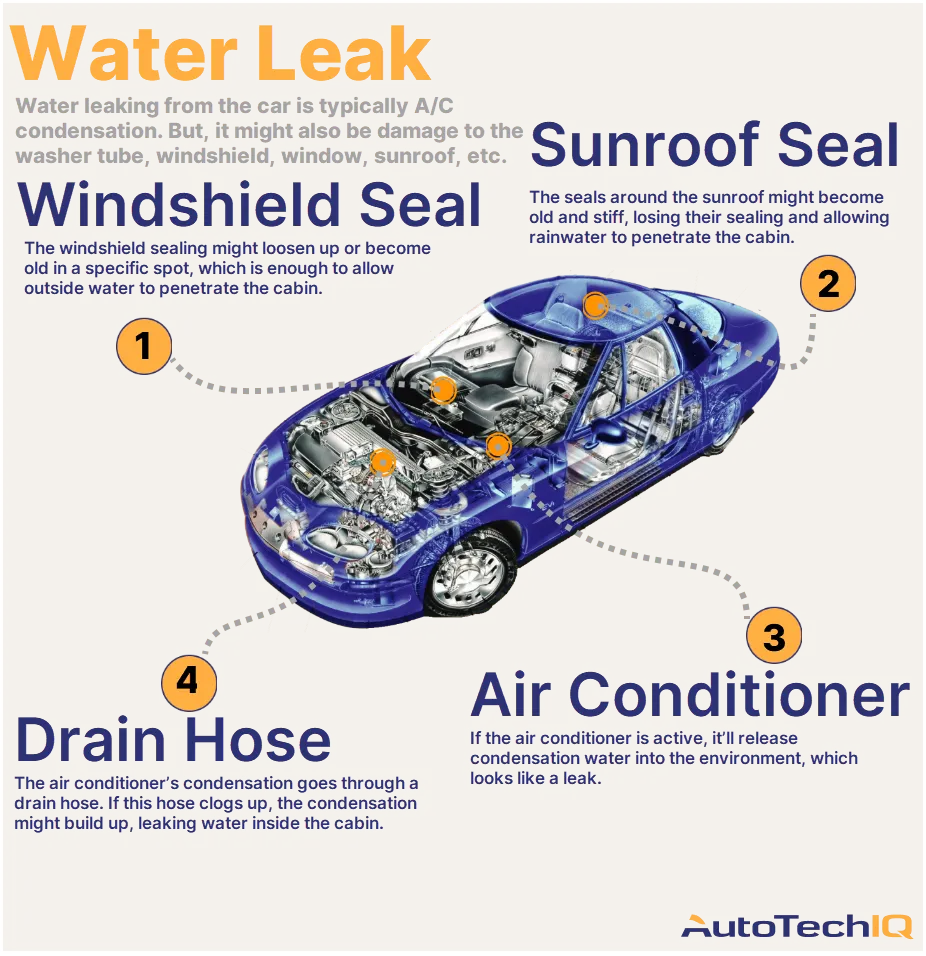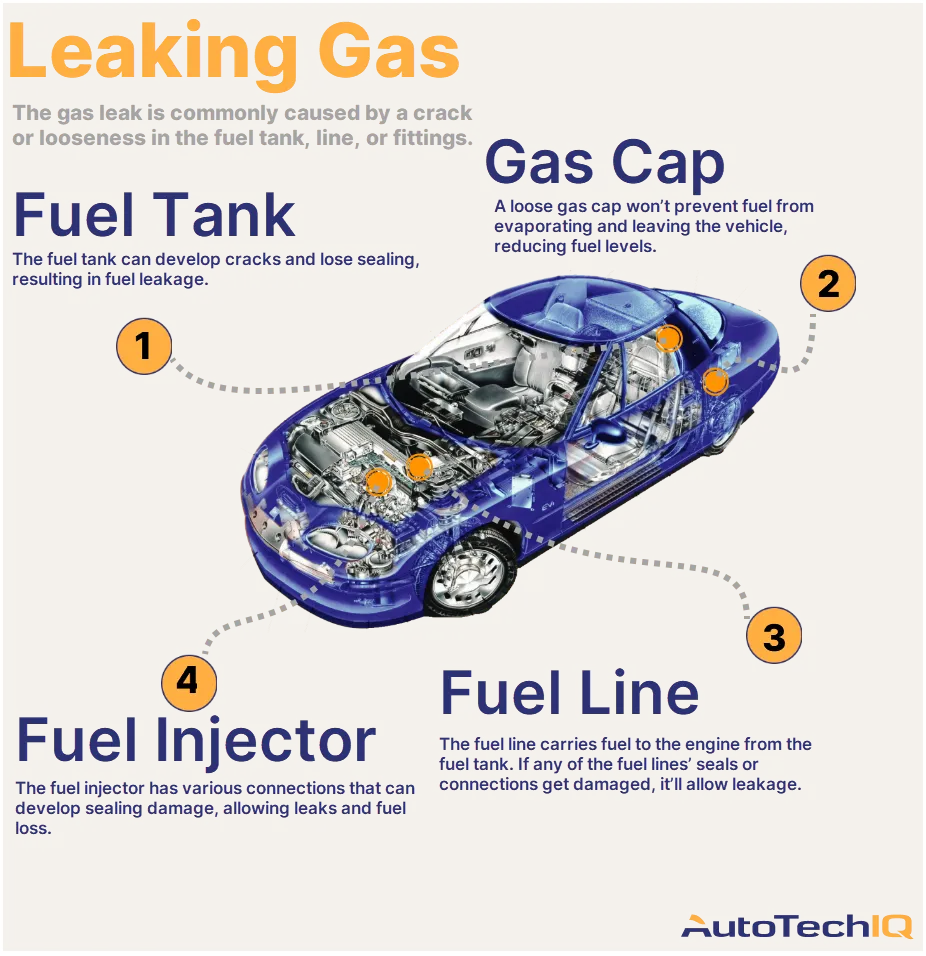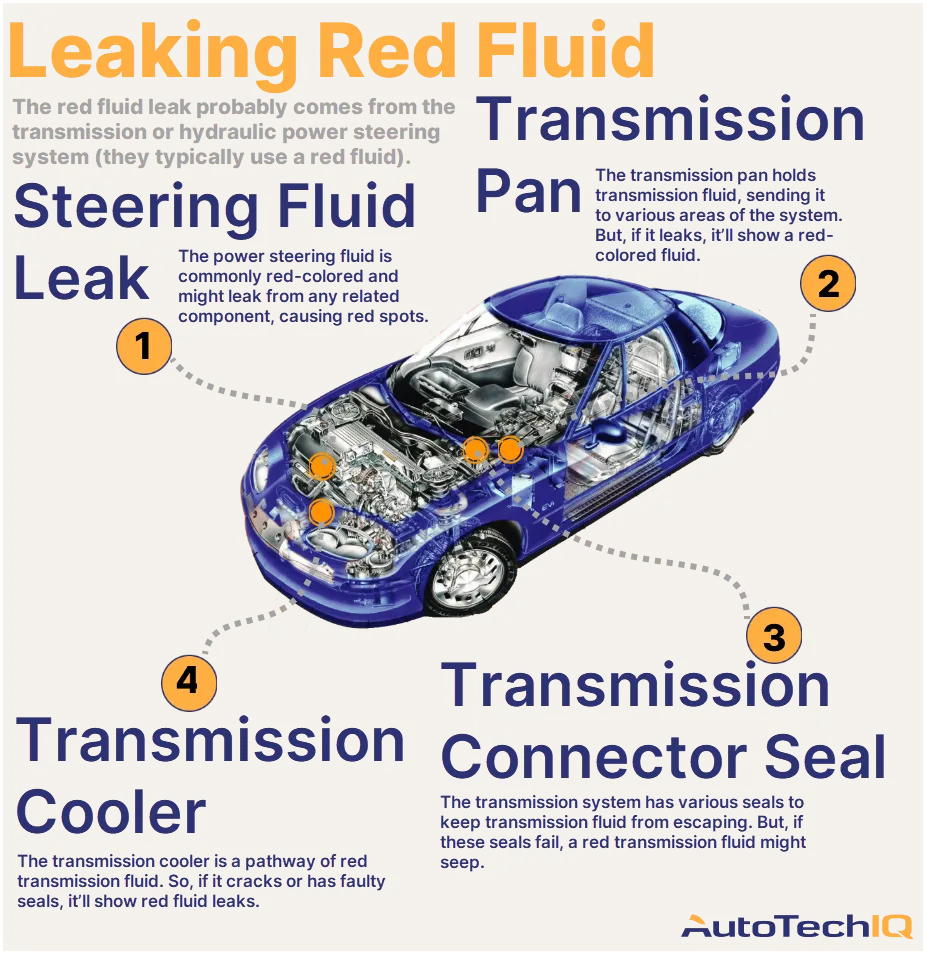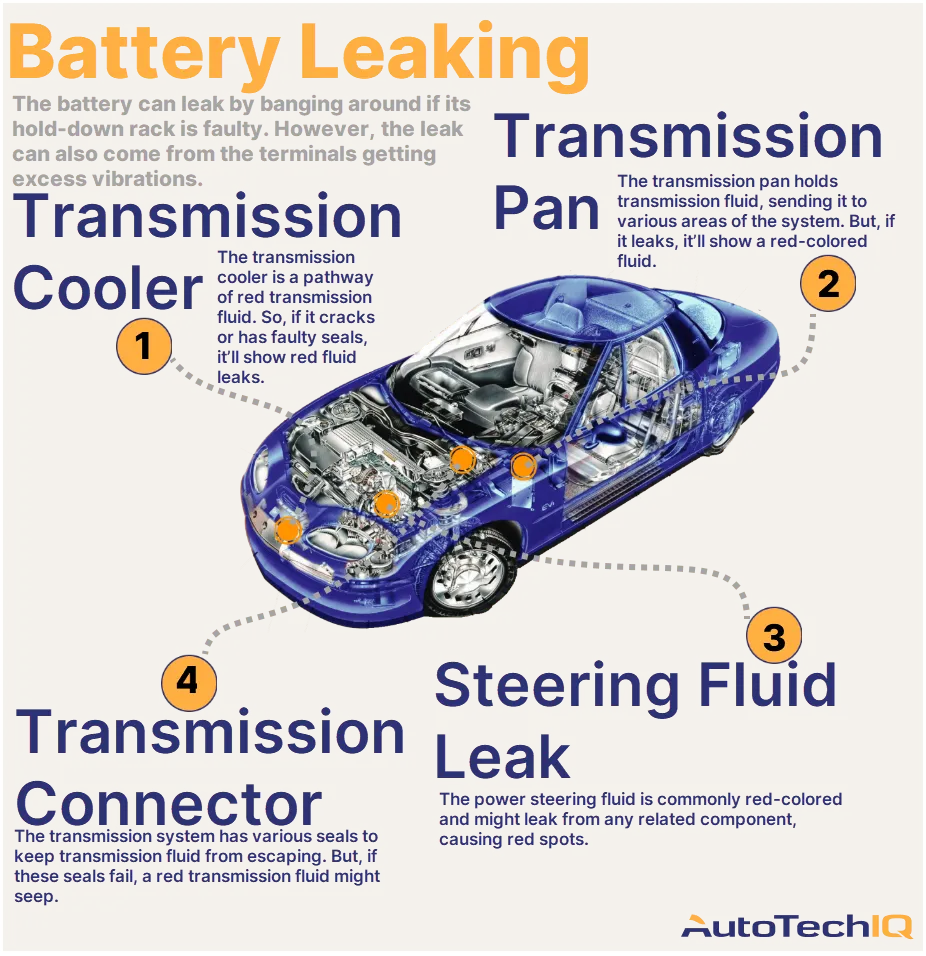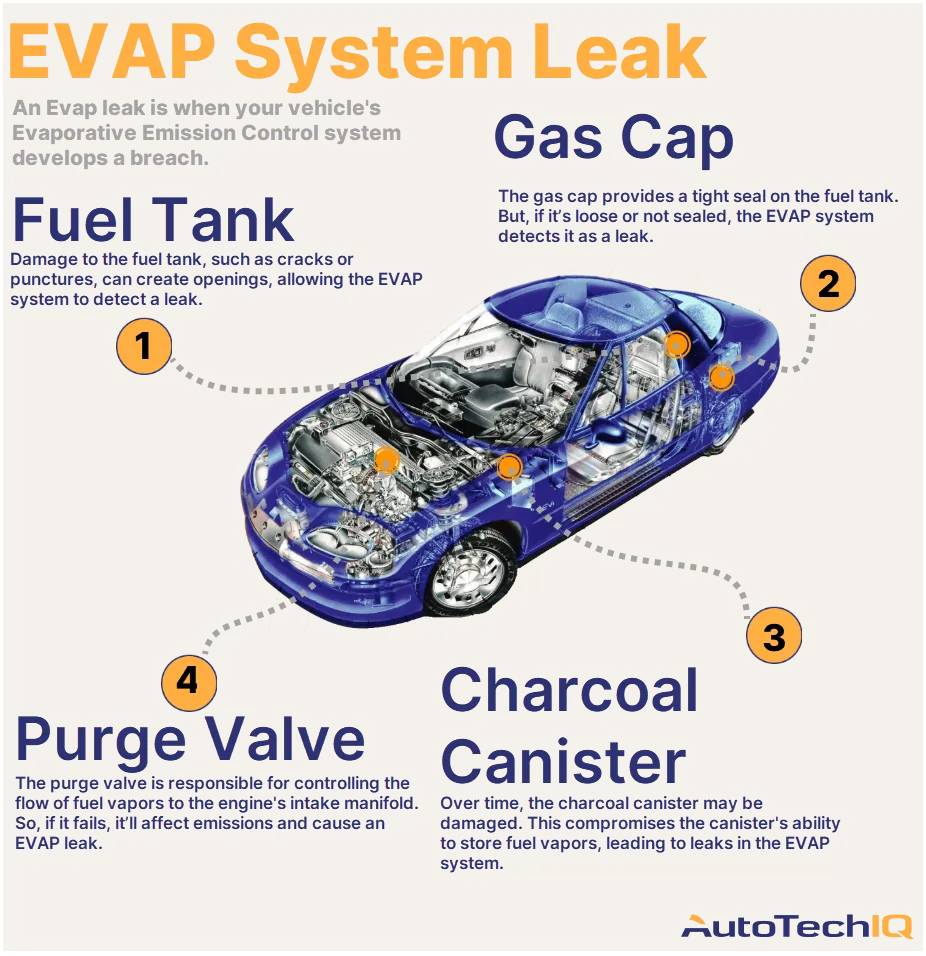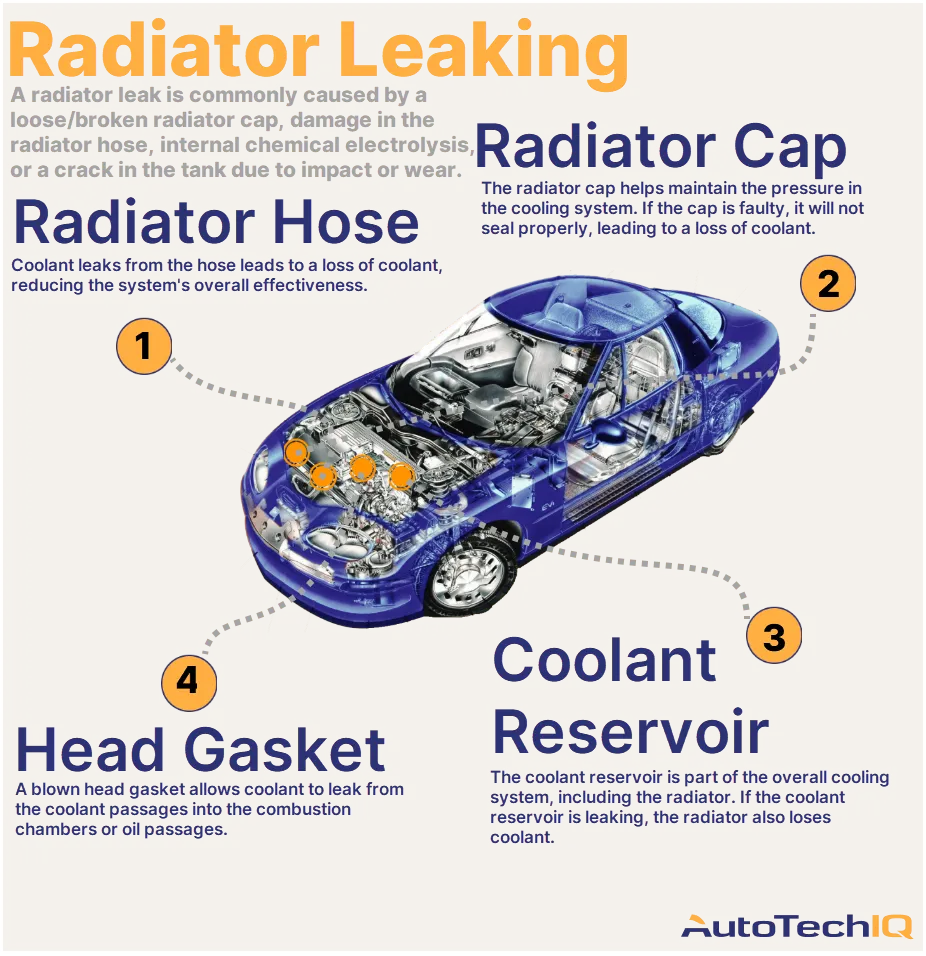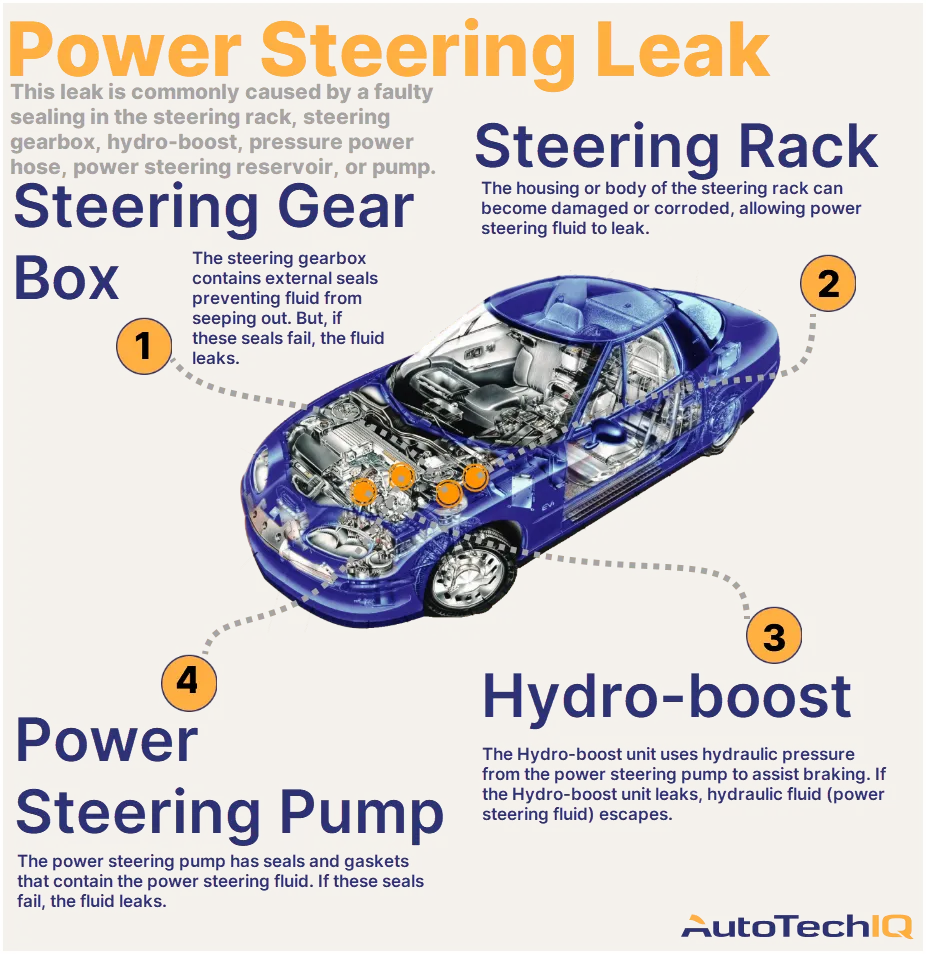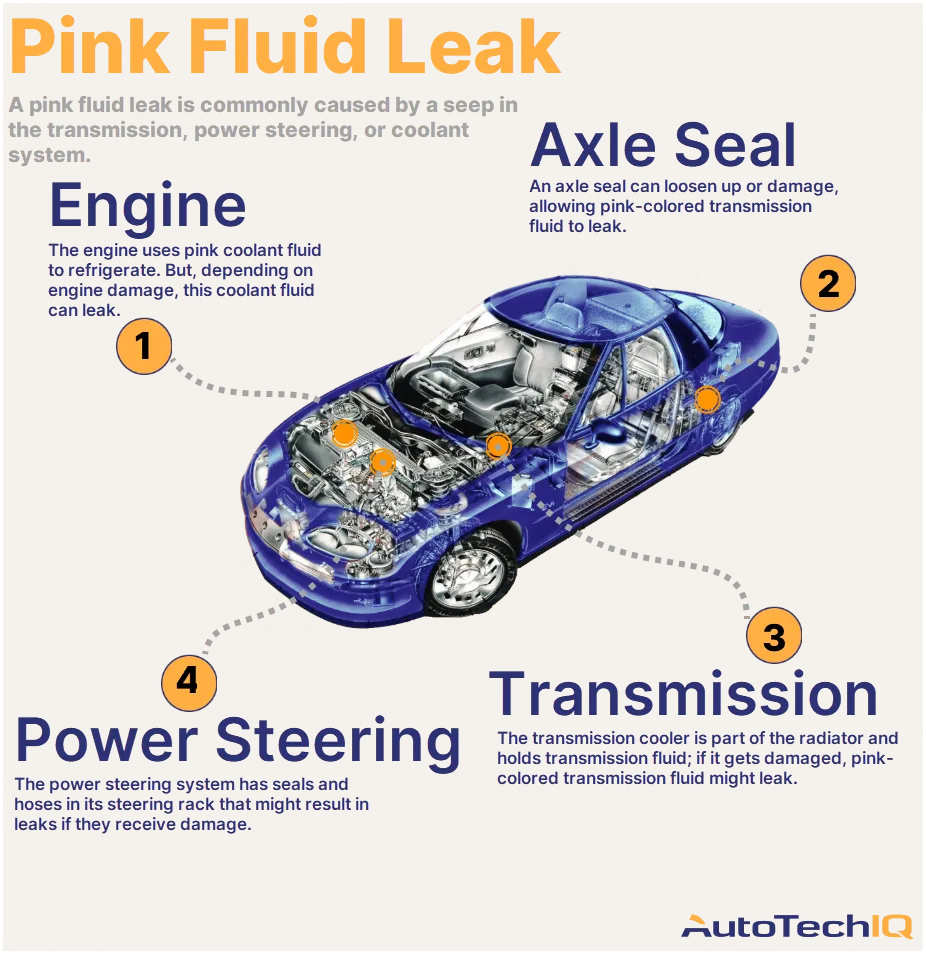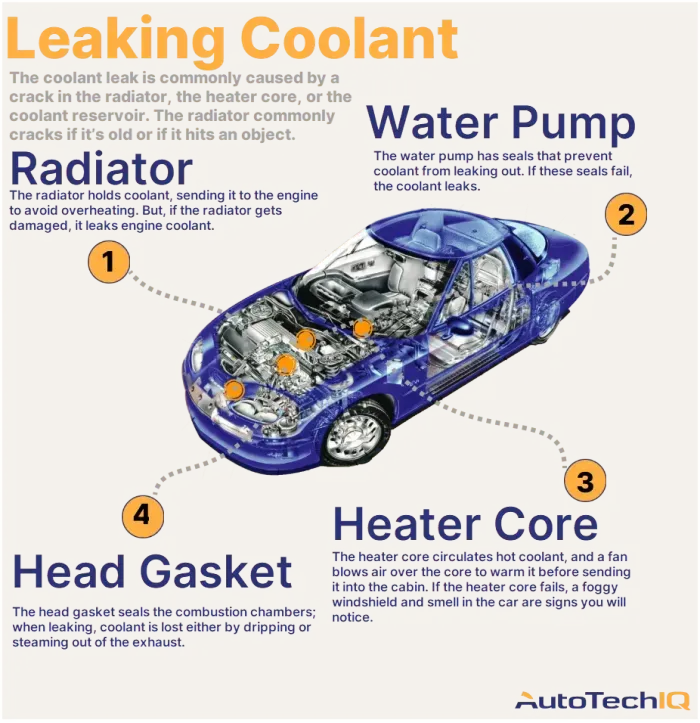
Is Your Car Leaking Coolant?
The coolant leak is commonly caused by a crack in the radiator, the heater core, or the coolant reservoir. The radiator commonly cracks if it’s old or if it hits an object. The leak can also be caused by a loose coolant hose, a faulty water pump, or even a blown head gasket.
Coolant is your vehicle's first protection against engine overheating; you're left vulnerable if it leaks. Checking your coolant levels regularly is a good practice since many leaks can strike unexpectedly. So, if you notice the levels dropping abnormally, something might be wrong.
Your cooling system requires routine maintenance. Coolant can turn acidic and eat away at gaskets and seals, causing dangerous leaks if neglected. In addition, factors such as temperature changes or simple wear can cause leaks.
Watch out: While coolant does incredible things for your car, it is a toxic substance. It can poison animals and waterways if it leaks from a vehicle. In addition, because coolant gets hot when it's working, it can also scald someone standing near a leak.

